Thirty-two years after the assassination of Burundi’s first democratically elected president Melchior Ndadaye, political leaders, human rights advocates, and victims’ associations have renewed calls for justice and the preservation of his democratic legacy.
During a ceremony held on Monday in Burundi’s economic capital Bujumbura to commemorate Ndadaye’s death, the opposition party Sahwanya-FRODEBU, together with local organizations including AVOD — an association supporting families affected by Burundi’s past crises, particularly widows and orphans — and ALUCHOTO, urged the Burundian judiciary to expedite investigations and hold those responsible for the assassination accountable
Sahwanya-FRODEBU: “We Want to Be Heard”
Speaking at the event, Phénias Nigaba, Vice-President of Sahwanya-FRODEBU — the political party Ndadaye helped found and to which he belonged — lamented the lack of progress despite the party’s legal efforts.
“The party has taken legal action so that those who planned this heinous act — whether they are in the country or abroad — may be held accountable,” Nigaba said.
“What is regrettable is that the party itself has never been questioned or heard regarding this matter. We also wish to be part of this case; we have information and firsthand accounts that could help justice fully understand what happened at that time.”
Nigaba also voiced concern over the state of democracy in Burundi, citing restrictions on political activity, media freedom, and civil society engagement.
“Today, political parties exist but are not fulfilling their roles. Some radio stations and journalists have become complacent. Civil society organizations are no longer as active as expected. Even electoral processes continue to show serious shortcomings,” he said.
Commemoration Highlights
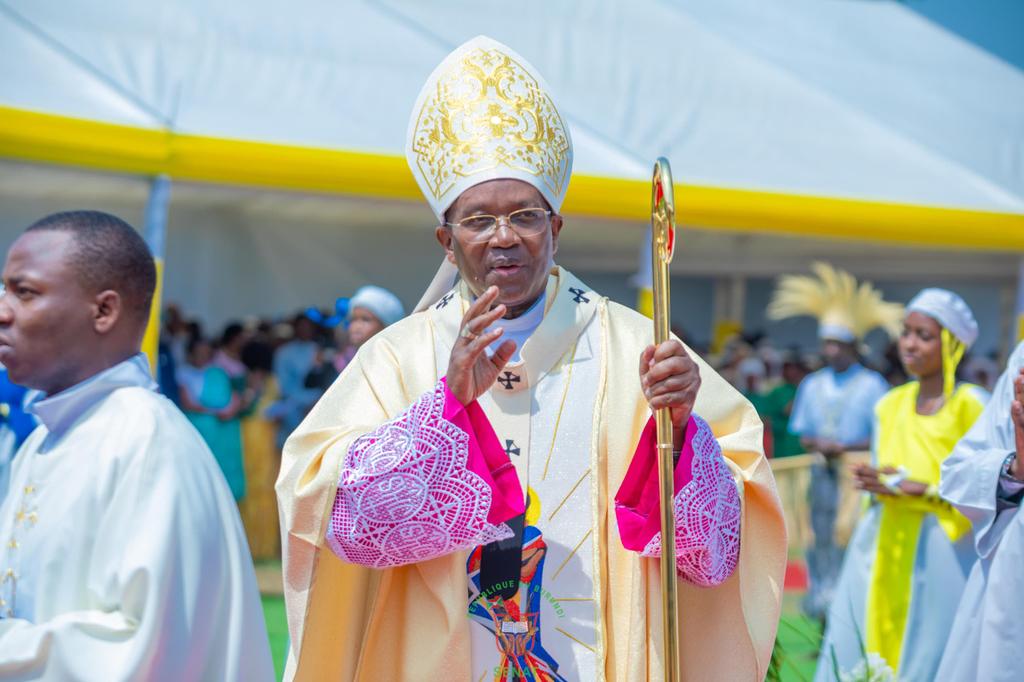
The commemoration ceremony, attended by top level government officials, opposition figures, and religious leaders, was marked by a solemn laying of wreaths on Ndadaye’s tomb by President Evariste Ndayishimiye.
Bishop Gervais Banshimiyubusa of the Diocese of Bujumbura urged Burundians to honor Ndadaye’s legacy by rejecting hatred and violence in all forms.
“We must avoid any behavior through which we might, in turn, ‘kill’ others — whether in politics, business, or social life,” he said. “We can destroy one another even with words alone.”
Human Rights Groups Denounce Ongoing Abuses
Ahead of the commemoration, local human rights organization ALUCHOTO condemned persistent violations and arbitrary practices that it says undermine Ndadaye’s democratic ideals.
National Coordinator Vianney Ndayisaba denounced illegal arrests, acts of torture, and arbitrary suspensions of public officials, describing them as violations of human dignity.
“A large number of people remain in prison without valid reasons, often due to civil or land disputes,” he said. “We have also documented acts of torture and degrading treatment targeting orphans, widows, journalists, and human rights defenders.”
ALUCHOTO also accused powerful groups of misappropriating public property in key sectors such as water, fuel, electricity, and minerals. The organization expressed concern over nepotism in public sector recruitment and the illegal confiscation of property from vulnerable citizens.
“Authorities must end these fraudulent and nepotistic practices,” Ndayisaba insisted. “Human rights defenders and public institutions must be supported in their efforts to combat corruption.”
AVOD: Justice Delayed Is Justice Denied
For AVOD, the delays in judicial proceedings related to Ndadaye’s assassination remain a major source of frustration.
“It is extremely important for the country to identify the true masterminds and perpetrators of this crime and present them to the Burundian people — if only to break the cycle of speculation and prejudice,” said Emmanuel Setukuru, AVOD’s chairman.
AVOD also expressed concern over the closure of the National Commission for Land and Other Property (CNTB) and the Special Land and Property Court (CSB), which leaves thousands of property disputes unresolved. Setukuru questioned the capacity of the Truth and Reconciliation Commission (CVR) to handle such cases, as it is neither a court nor a tribunal.
“We call for the reactivation of the CSB for a limited period to resolve pending cases and the creation of a special ad hoc chamber within a competent judicial body,” Setukuru urged.
Civil Society Urges Preservation of Ndadaye’s Legacy
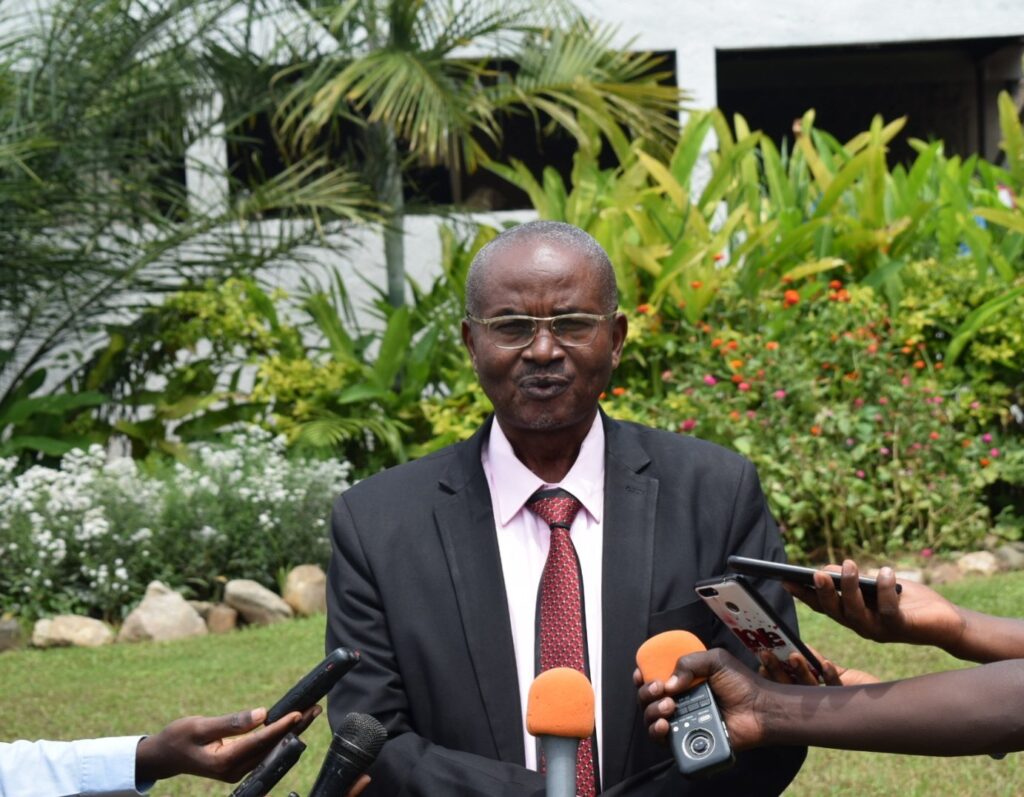
Hamza Venant Burikukiye , chairman of PISC Burundi, a coalition of civil society organizations, echoed concerns about governance and national unity.
“When the country’s leadership is monopolized by a small group of individuals, this breeds hatred, mistrust, and instability,” Burikukiye warned. “As a result, human dignity is undermined, and justice for all no longer exists.”
He called on Burundians to honor Ndadaye’s memory by upholding democratic values and working together for peace and justice.
Past Trials, Unresolved Questions
Ndadaye’s assassination on October 21, 1993, only three months after he took office, triggered a civil war that reportedly claimed more than 300,000 lives and displaced hundreds of thousands.
Although judicial proceedings have taken place, justice remains elusive. In 1999, Burundi’s Supreme Court sentenced five soldiers to death and 23 others to life imprisonment for their alleged involvement, but the trial was widely criticized for failing to investigate senior figures.
In October 2020, the court sentenced former President Pierre Buyoya—who reportedly died of COVID-19 two months later—and 18 others in absentia to life imprisonment — a verdict Buyoya denounced as politically motivated.
Despite these rulings, many Burundians continue to question whether the true masterminds have ever been held accountable.

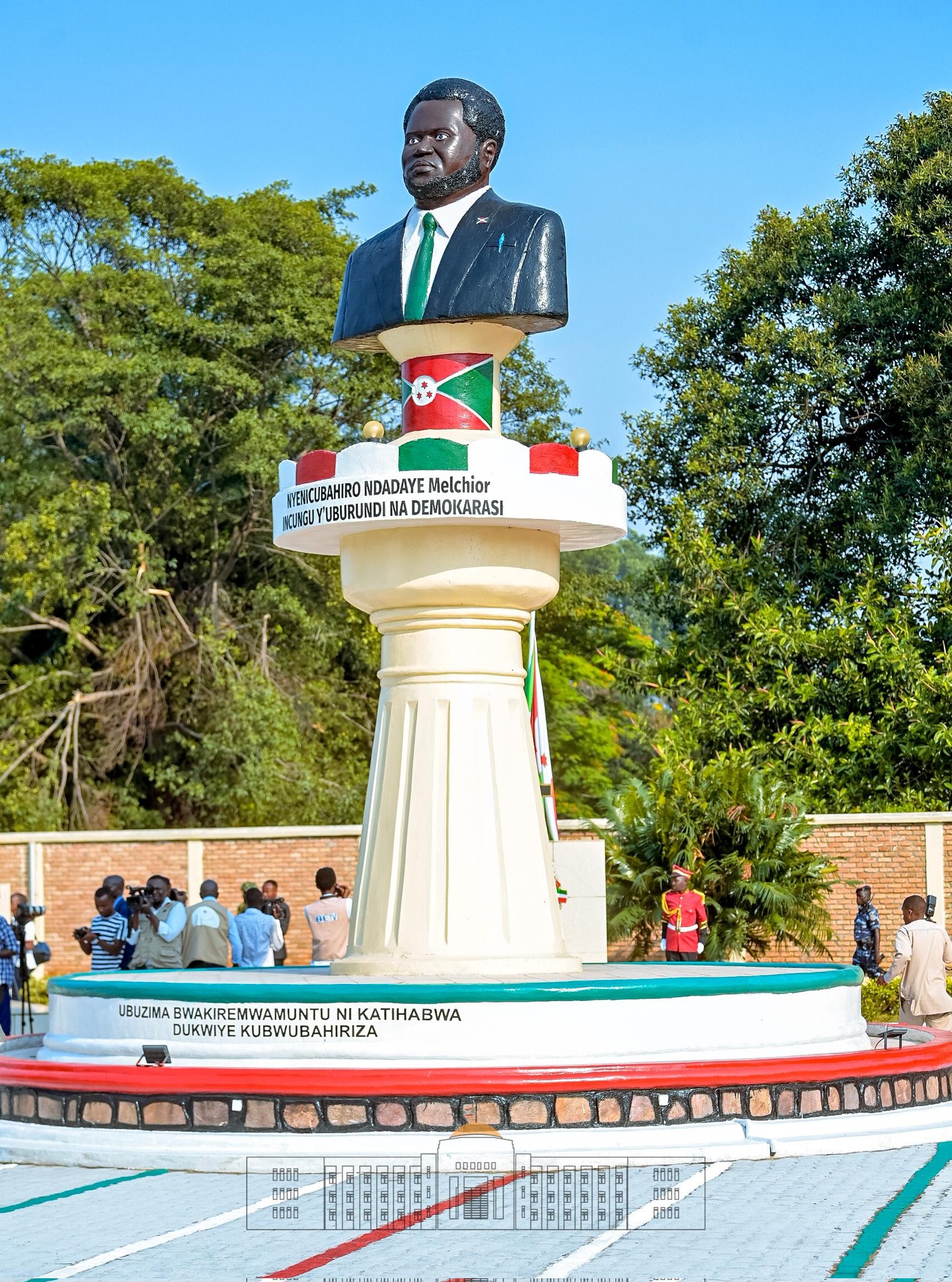
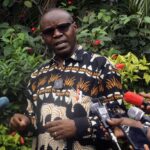
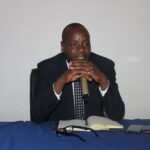
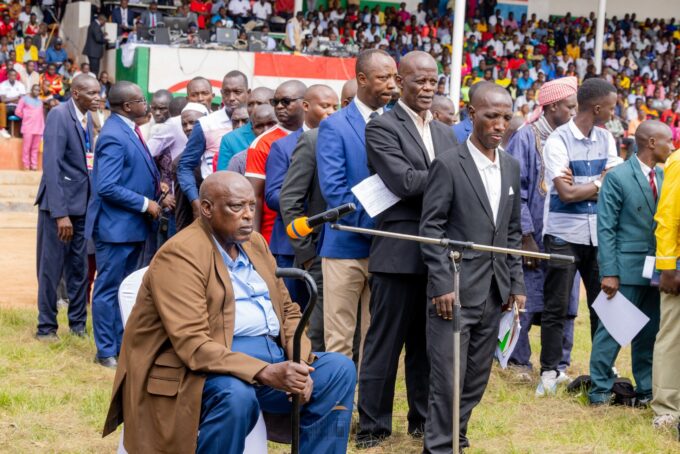
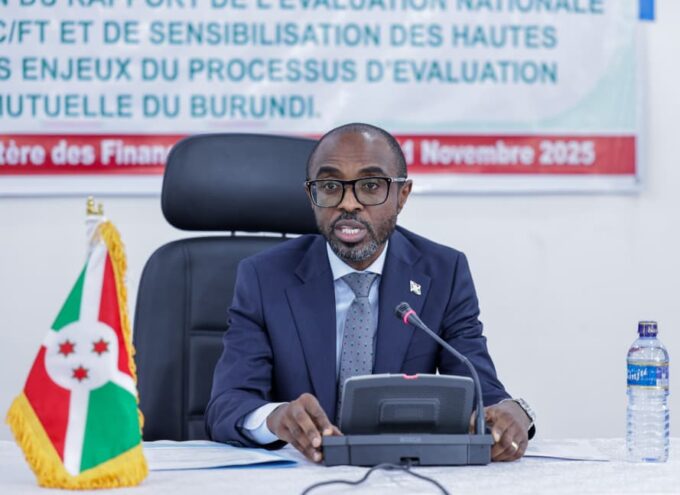
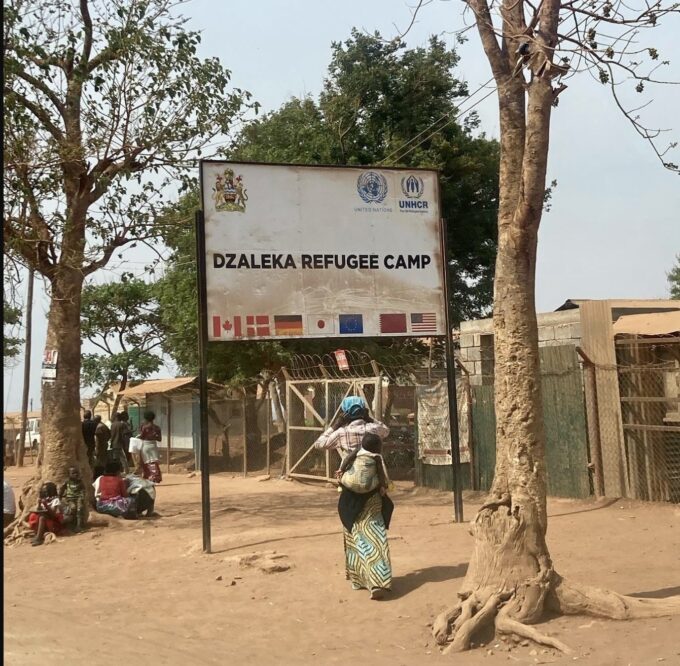
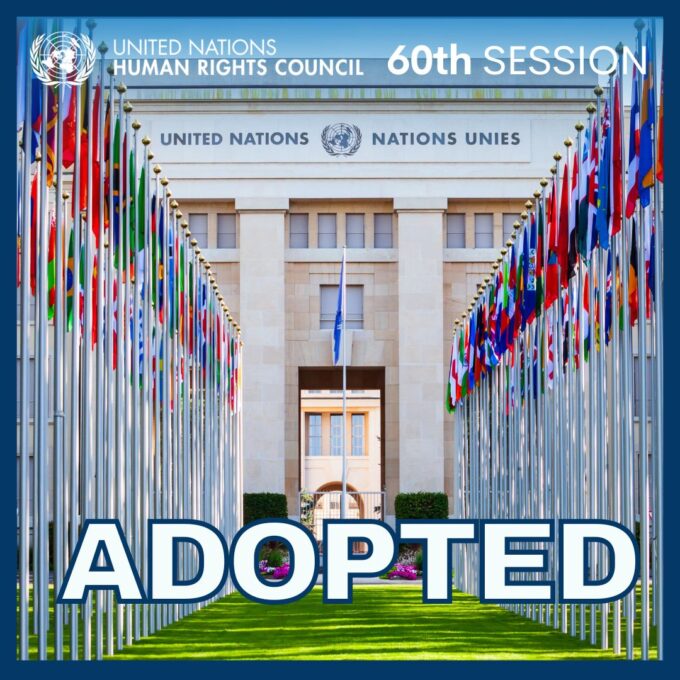
Leave a comment